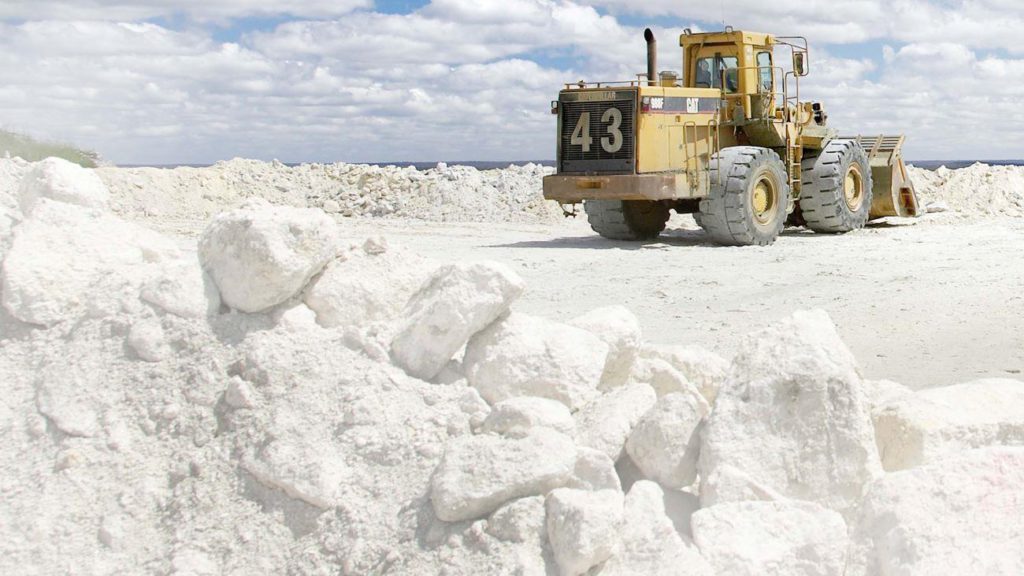Australia cracks down on foreign cash in critical minerals

Australia will tighten scrutiny of foreign investment into mining and refining of critical minerals as part of an overhaul of its national regime, while speeding up approvals in low-risk areas to boost economic growth.
Treasurer Jim Chalmers announced the changes in a speech to the Lowy Institute think tank in Sydney on Wednesday, saying Australia welcomes international investment “but only if it’s in our national interest.”
“Foreign investment is where the stovepipes of economic and national security have often failed to meet in the past,” he said. The government estimates direct and portfolio foreign investment in Australia’s economy grew to about A$3.5 trillion ($2.3 trillion) in 2023.
The treasurer pointed to “foreign investment in critical infrastructure, critical minerals, critical technology” as a focus for efforts to apply greater scrutiny to international funding. Since coming to office, Chalmers has blocked some investment by Chinese-linked companies in Australia’s critical minerals and rare earths industries.
Responding to a question after the speech, Chalmers played down suggestions that the new restrictions were targeted at China.
“Obviously we take a firmer view of state-owned enterprises but China is not the only part of the world that has state-owned enterprises,” he said. “Our approach is non-discriminatory and it’s not country specific.”
China’s tight grip on the critical minerals supply chain, such as lithium and rare earths processing and refining, has prompted Australia to work with allies including the US, Japan and South Korea in recent years. This latest move by Chalmers builds on the momentum to date.
The Chinese government has been clear in recent representations to Canberra that it wants its firms to have greater access to invest in Australia.
At the same time, Chalmers said the investment approval process would be streamlined for known investors and low-risk sectors, including a new target for Treasury to process 50% of cases within 30 days from the start of 2025.
The government will release an updated foreign investment policy document on Wednesday to guide investors on the new processes, including which parts of the economy will face tougher screening.
The government will also allow foreign investors to purchase established build-to-rent properties as part of a plan to increase demand and create incentives for more construction.
(By Ben Westcott and Swati Pandey)
{{ commodity.name }}
{{ post.title }}
{{ post.date }}




Comments